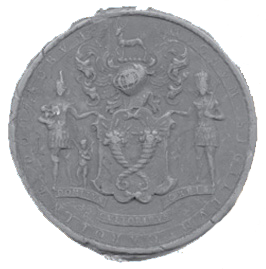It has been some time since Cheves and I have updated this website and reached out to those of you who share our interest in early SC history. The six years of research and writing French Santee followed by several years of book talks and signings plum wore us out! The response to French Santee by families descended from those early Huguenots in Carolina has been gratifying and we appreciate all the emails and letters from our readers. Many have provided us with additional documents on their families which is wonderful.
Now, in response to a number of requests, we are back at work abstracting several more volumes of the earliest records of the colonial South Carolina – the Records of the Secretary and Register of the Province of Carolina. As some of you know, the period from 1670 to 1700 – the years when Carolina was founded and was a wilderness frontier with the port of Charles Town as its the only settlement – is our favorite time period.
One of the books we are currently working on is the Records of the Register of the Province 1682-1690. This volume, carefully preserved in the South Carolina Department of Archives and History, shows more than any other we have examined the vicissitudes of over 300 years of time and misfortune. It is always a challenge to decipher the elaborate 17th century script employed by the various officials, each with their own unique style of swirls and flourishes. The faded ink, water stains and patches of mold that obscure sections of this book makes it an even greater endeavor. But so worthwhile to see the remarkable entries beginning just twelve years after the first colonists stepped ashore. To come across names previously unknown and the details of indentures providing “5 L sterling for passage& dyet;” to find grants and deeds of settlers who identified themselves not as “of Carolina,” but of towns and counties in England and Scotland, as they moved out from “Oyster Poynt” into the countryside still identified by its Indian names. This is a wonderful book we can’t wait to bring you.
